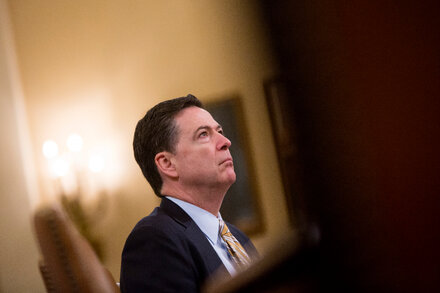Global discussions are increasingly focused on the health and future of democratic systems worldwide, as nations grapple with a complex array of internal and external pressures. The phrase “Democracy and Its Discontents” encapsulates a growing sentiment among policymakers, academics, and citizens that while democracy remains a powerful ideal, its practical implementation faces significant strains.
Observers point to a confluence of factors contributing to this unease. Political polarization has intensified in many established democracies, often leading to governmental gridlock and a perceived inability to address pressing societal issues effectively. The rise of populism, fueled by anxieties over economic insecurity, cultural shifts, and a sense of alienation from traditional political establishments, has further exacerbated divisions.
Erosion of Trust and the Information Landscape
A critical component of the current democratic malaise is the erosion of public trust in institutions, including governments, the media, and even the electoral process itself. The proliferation of misinformation and disinformation, particularly through digital platforms, is frequently cited as a major contributor to this decline. These information distortions can undermine informed public debate, create echo chambers, and foster cynicism, making it challenging for citizens to distinguish verifiable facts from partisan narratives.
“The problem with democracy today is not too much democracy, but too little liberalism. It’s not the quantity of democracy but the quality, the respect for individual rights, the rule of law, and the separation of powers that are under threat.”
Economic inequality also plays a significant role. Widening gaps between the wealthy and the rest of the population, coupled with stagnant wages for many, have fueled resentment and a perception that the democratic system no longer works for ordinary people. This economic discontent can be exploited by political actors who promise radical change, sometimes at the expense of democratic norms and institutions.
Responding to Challenges
Despite these challenges, efforts to strengthen democracy are ongoing globally. Initiatives range from electoral reforms aimed at enhancing fairness and accessibility, to educational programs designed to promote media literacy and critical thinking. Civil society organizations are playing a vital role in advocating for transparency, accountability, and the protection of civil liberties.
As the international community continues to deliberate on these issues, the future resilience of democracy is seen as dependent on addressing its fundamental discontents – fostering greater social cohesion, rebuilding trust in institutions, and adapting democratic practices to contemporary realities.
Source: Read the original article here.





